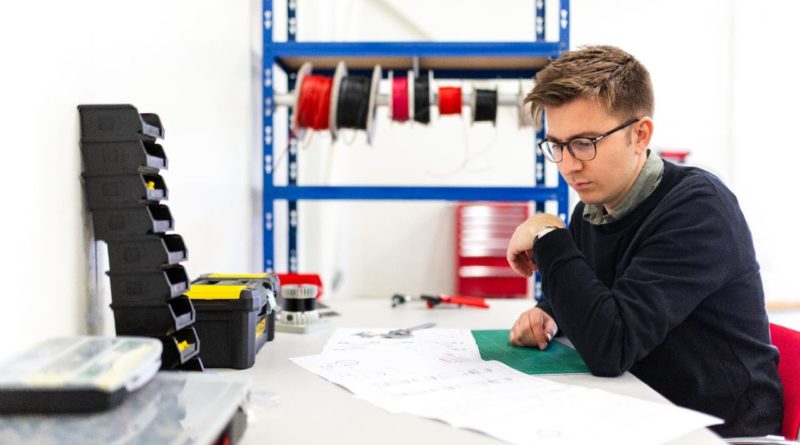Mechanical Engineering Courses: Become a Mechanical Engineer
Considering a Mechanical Engineering Course?
If you would like to learn more about mechanical engineering, it is an excellent idea to do a mechanical engineering course. A mechanical engineering course will equip you with all the essential skills and knowledge required to work in the field of mechanical engineering. It can be a very rewarding role as you play a part in improving the world. The good news is there are plenty of mechanical engineering courses currently available. They offer good flexibility too for those of us leading such busy lives. Mechanical engineering courses are available in full-time, part-time and evening class options, in person and online.
What is Mechanical Engineering?
Mechanical engineering is one of the most versatile and diverse engineering fields. It is the study of systems and objects in motion. As such, the field of mechanical engineering touches virtually every aspect of modern life, including the human body, a highly complex machine.
What Does a Mechanical Engineer Do?
The role of a mechanical engineer is to take a product from an idea to the marketplace. In order to accomplish this, they must be able to determine the thermal environment and forces that a product, its parts or its subsystems will encounter and design them for aesthetics, functionality and determine the best manufacturing approach that will make sure it operates without failure. Mechanical engineers play vital roles in a wide variety of industries including aerospace, automotive, computers, biotechnology, electronics, energy conversion, microelectromechanical systems, manufacturing, robotics and automation.
What Will I Learn?
Each mechanical engineering course varies depending on the level of the course and the course provider. However, there are some topics you can expect to explore in any mechanical engineering course.
For instance, you will explore the following topics, calculus, chemistry, electrical and electronic engineering, creativity in design, engineering computer, energy engineering, mechanics, physics, linear algebra mathematics and physics. In addition, you will learn about mechanical engineering design, materials science and engineering, mechanics of fluids, heat transfer and electrical and electronic circuits.
Not to mention, you will explore the mechanics of solids, engineering thermodynamics, professional engineering, dynamics, biomechanics, measurement and instrumentation and control theory. Some courses may cover more than you read here.
If you would like an exact list of modules, do not hesitate to get in touch with your course provider for more information. They will be delighted to help you answer any of your questions.
Career Opportunities
The opportunities from completing a mechanical engineering course are extraordinarily diverse, making graduates highly resilient to the changing economic circumstances. You may find yourself working in the following areas: energy, biomedical, aeronautical, automotive and manufacturing sectors. You may also find yourself working in IT companies and in management and project management.
Course Progression
If you found you enjoyed your mechanical engineering course, there is room to progress further with your studies. For instance, you could consider doing a level 8 or level 9 degree in mechanical engineering or pursuing courses in related fields to enhance your CV.
If you’re serious about doing a mechanical engineering course, check out courses near you in the Nightcourses.co.uk national course finder.




